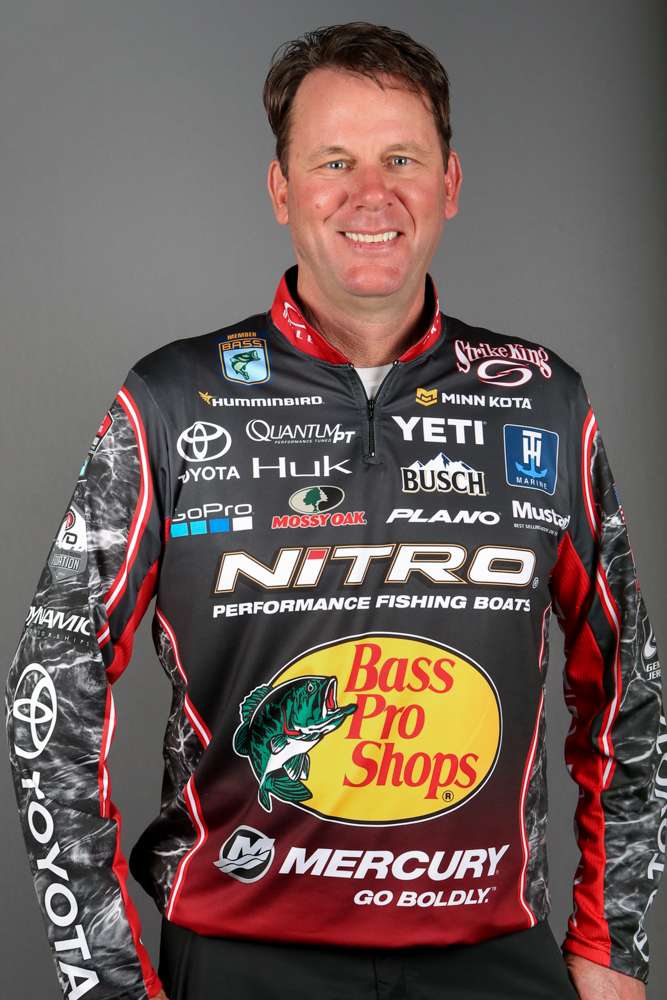Let's talk this week about the importance of expecting the unexpected. I know you hear that all the time, but it's important. Being prepared is often the difference between winning and losing.
Rods, reels, line, lures and hooks offer an example. I always carry a wide selection of everything in my boat, regardless of what I expect to be doing when the tournament starts. Things change quickly during competition. I want to be ready for whatever comes my way.
But, there's more to it than that. Carrying some of everything allows me to concentrate on catching bass. I don't have to think about anything else. "What if" means nothing to me. I know I'm prepared.
I don't spend my time thinking about what if the topwater bite unexpectedly turns on? I don't spend time worrying about what if the water's clear at the other end of the lake? I don't worry about what if my flippin' stick breaks? Like I said, "what if" means nothing to me.
The same thinking holds true for my boat, motor and electronics. When my boat is being worked on, I usually stay with it and watch everything that's done. I know where wire is run, why it's there and what it does. The circuit breaker panel is not a mystery to me. I don't have to push, pull and prod if one pops. I know what controls what and have extras in case one needs to be replaced.
I have spare equipment and parts with me, too. If they're not in the boat they're at least in my truck or motel room. A spare trolling motor, prop, hub, depthfinder, bilge pump — that's especially important here on Erie where we are this week — are not items I can do without.
All this not only allows me to fix something when I'm competing, but just as importantly it allows me to forget about mechanical problems. I know I can handle them so why spend any time worrying about what if? Again, I worry about what matters — the bass and what they are doing.
The same thing applies to your tools. You'll need to think about what you need to change a hub or a prop, replace a trolling motor, change a depthfinder or whatever else may come your way, and make sure they're in your boat. Build a toolbox just for your boat. It shouldn't be used for anything else. It has a home and should stay there.
Putting yourself in this position takes some time and effort. It isn't easy. You need to spend a few evenings making sure you have what you might need, and making sure you have what you know you won't need. And, it'll cost some money. That can't be helped. It's an unfortunate reality.
Now, to be fair, I know that some of this isn't practical for recreational anglers. I'm a professional. This is how I make my living. If fishing is a hobby, you might have to cut back on some things. But — and this is important — the closer you can come to this system the better off you'll be in the long-run.
Tournaments aren't always won by the best fisherman. Sometimes they're won by the angler who's most prepared.

